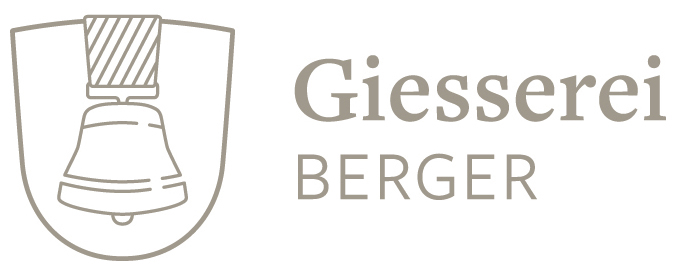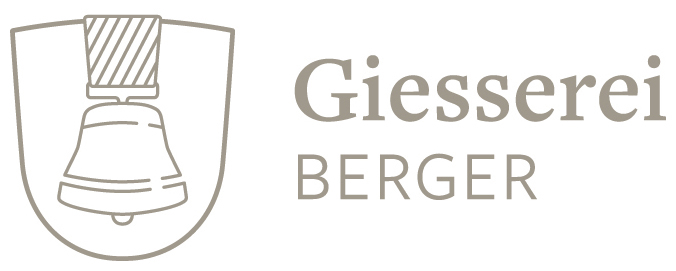Environmental protection
The topic of environmental protection is becoming more and more important nowadays. Cowbells are also at the forefront when it comes to sustainability and environmental protection. Give with a clear conscience.
Energy management
As early as 1992, the existing oil smelting furnace was replaced by an electric model in order to keep emissions to a minimum. Whenever possible, multiple melting processes are carried out, as heating the components requires most of the energy. The amount of bronze required is also precisely calculated so that the melting energy can be kept as low as possible.
Environmentally friendly alloys
Only professionally processed metal or recycled Berger bells are used for the bells from Berger. This is the only way to ensure that there are no environmentally harmful or even toxic substances in the bells. Improperly processed metal can contain lead or arsenic, which has no place in the Berger bells. Holes or sudden loss of sound can also be the result of inferior alloys.
Resources
All waste that arises during production is fed back into the melting cycle. Chips, sprues, even the swept up bronze from the ground is reused. After all, these are valuable resources that should not be wasted under any circumstances.
Leather for bell straps
When tanning belt strap leather, toxic substances are avoided. Most leathers are vegetable tanned or are now artificial leather.
You have to do without badger hair at the Berger bell foundry for ethnic and moral reasons. Since many skins come from questionable sources and it is fur, we have removed these products from our range without replacing them.
Shipping all over the world
The bells are shipped worldwide with partners who support climate projects. We have been shipping climate-neutrally since 2012. Since 2016, all international parcels have also been sent climate-neutrally.
Repair
Is your bell broken? Inquire without obligation with a photo, maybe it can be repaired. After all, it is cheaper and more environmentally friendly to repair a bell. contact@swissbells.com
Further information can be found under: Environmental protection


